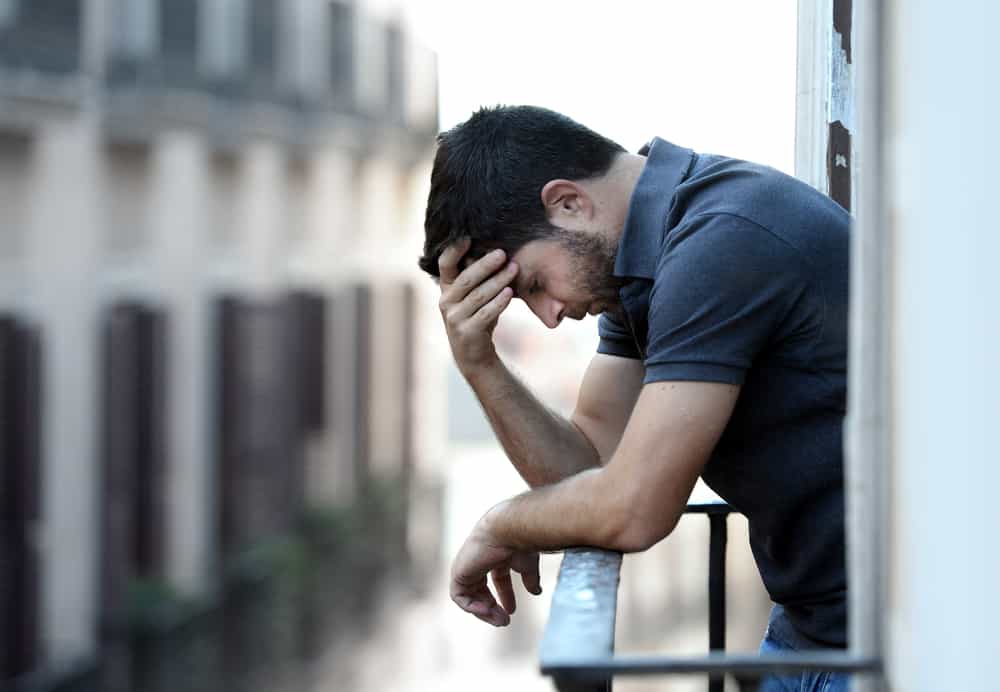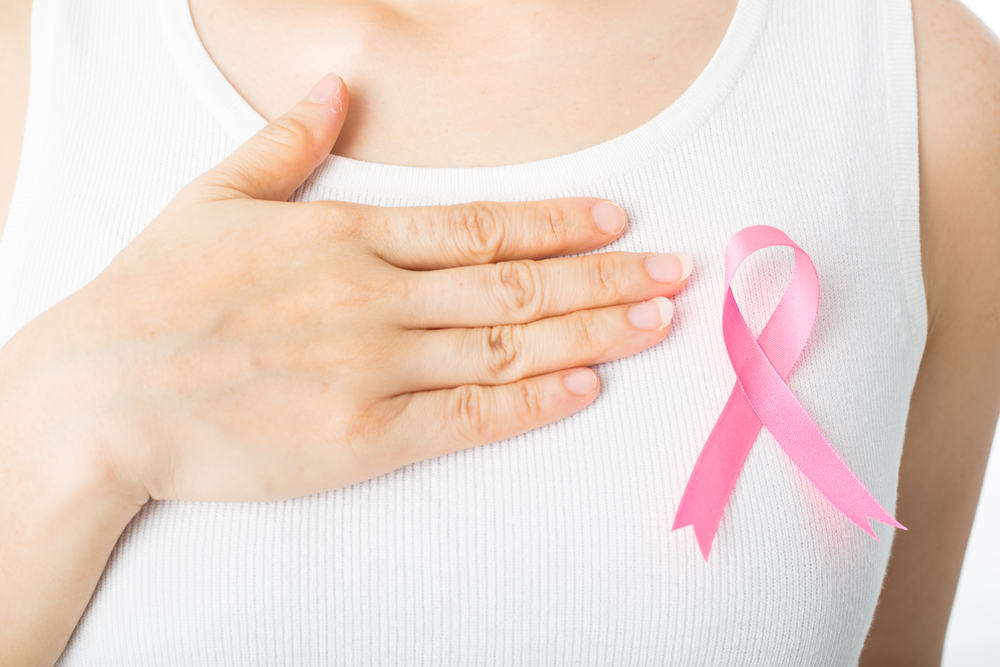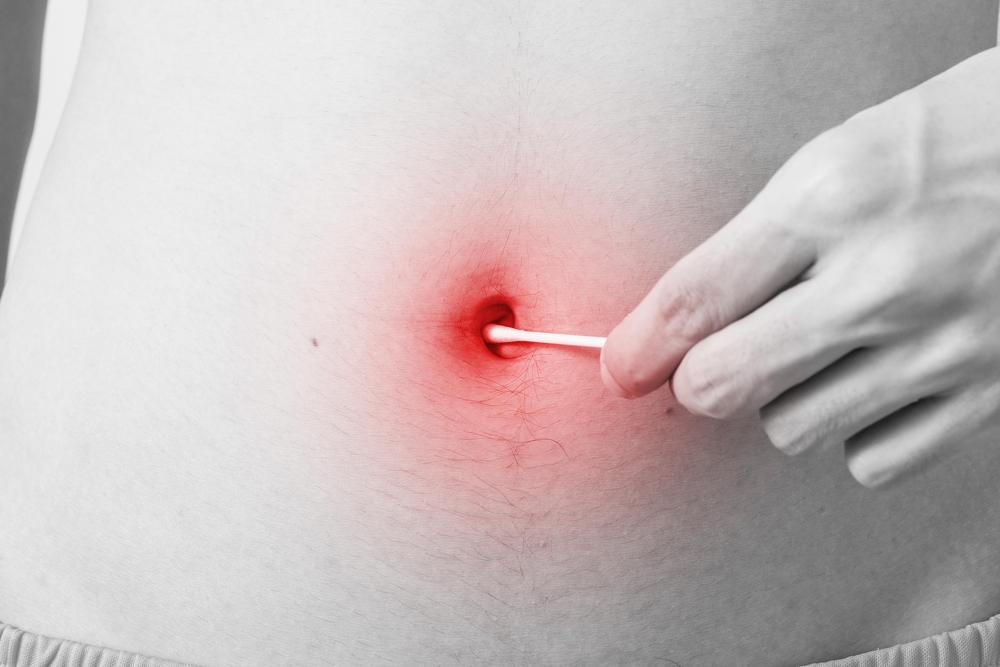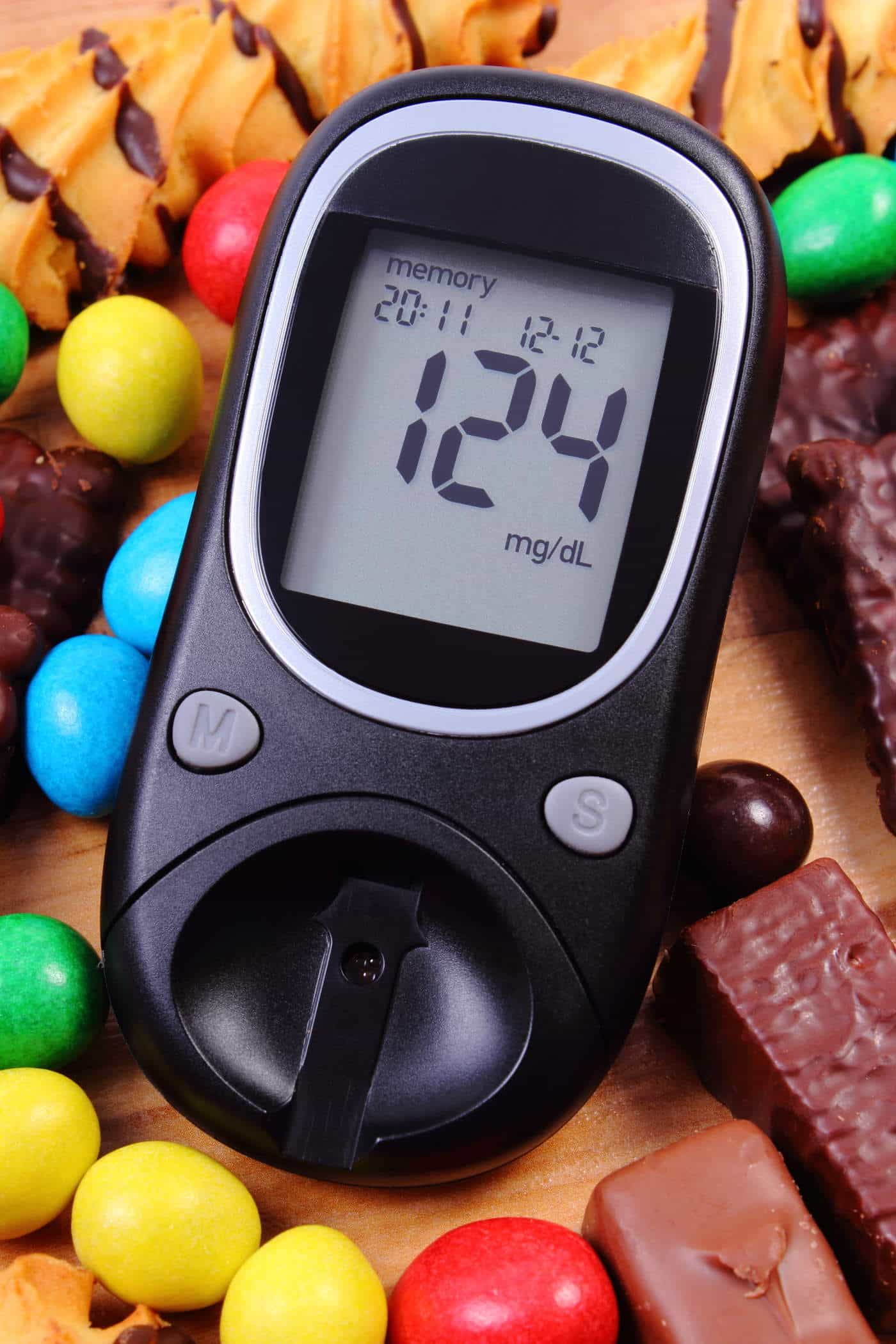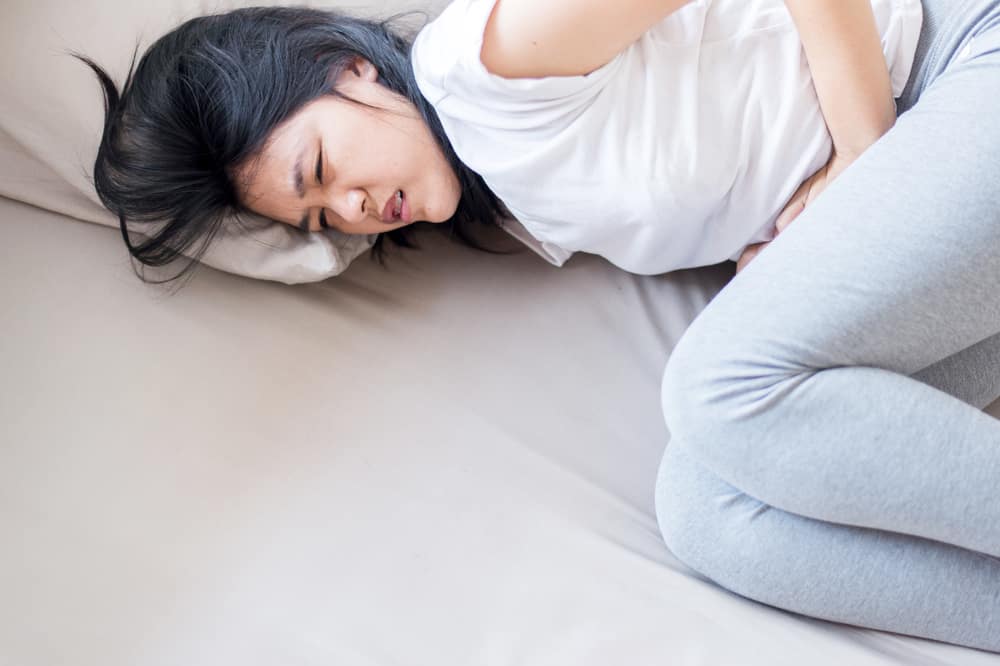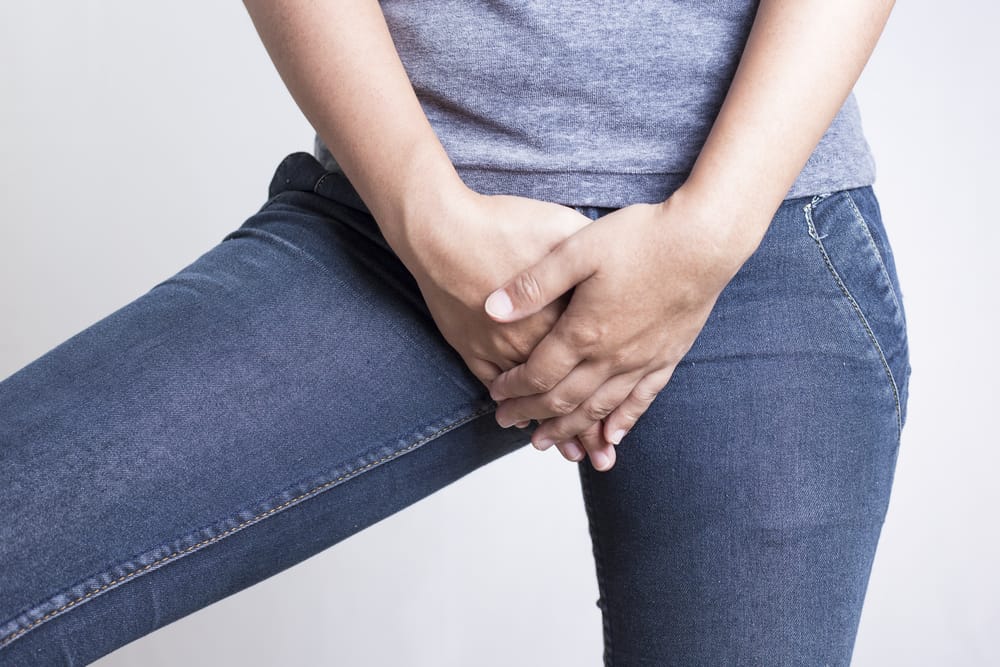Contents:
- Medical Video: Anxiety VS Depression (How To Tell The Difference)
- What is the difference between stress and depression?
- Stress symptoms
- Symptoms of depression
- How to deal with depression
- What is the danger if depression is not treated?
Medical Video: Anxiety VS Depression (How To Tell The Difference)
Almost everyone has experienced stress. Stress is normal and is good for you in certain situations. When you are stressed, for example because of a pile of work or because you are planning a wedding, you will be increasingly triggered to focus on problems and improve performance. However, you need to be careful because if you are stressed out, you may suffer from depression. Even in some cases, depression can appear without stress.
Stress and depression are often used by laypeople as interchangeable terms. In fact, these two things have fundamental differences. The workings of stress and depression are not the same, so the response will also be different. If not handled properly, depression can endanger the health of the soul, body, to life. So, it's important for you to recognize the differences in stress and depression so you can take care of yourself right before it's too late.
What is the difference between stress and depression?
Stress usually starts from feeling overwhelmed due to the many pressures from outside and in someone who has been going on for a long time. Stress can encourage you to be more excited about challenges, but can also discourage you. This is because everyone has different mechanisms in dealing with stress.
When you are stressed, your body reads an attack or threat. As a self-protection mechanism, the body will produce various hormones and chemicals such as adrenaline, cortisol, and norepinephrine. As a result, you will feel an energy boost and increased concentration so that you can respond to the source of pressure effectively. The body will also automatically turn off body functions that are not needed, such as digestion. However, if stress arises during unwanted moments, blood will flow to body parts that are useful for responding physically such as the feet and hands so that brain function decreases. This is why many people find it difficult to think clearly when under stress.
In contrast to stress, depression is a mental illness that adversely affects moods, feelings, stamina, appetite, sleep patterns, and the concentration level of the sufferer. Depression is not a sign of unhappiness or character disability. Depression is not a natural condition found such as stress or panic. People who are depressed will usually feel lost or motivated, constantly feeling sad and failing, and easily tired. This condition can last for six months or more. So, people who suffer from depression usually find it difficult to carry out daily activities such as working, eating, socializing, studying, or driving normally. Anyone can get depressed, especially if there is a history of depression in your immediate family. Research also shows that women are more at risk of developing depression than men.
Stress symptoms
Stress can happen to anyone, including school-age children. Consider the following symptoms of depression to find out if you experience stress or depression.
- Hard to sleep
- Memory disorders
- Concentration concentrates
- Changes in diet
- Easy to get angry and offended
- Often nervous or nervous
- Feel overwhelmed by work in school or office
- Feeling afraid of not being able to complete tasks properly
Symptoms of depression
Signs of depression are far more complicated than stress symptoms. Its appearance can be gradual so it's hard to really realize when depression first attacked. The following are various symptoms of depression that usually occur.
- Withdraw from the social and family environment
- Feeling sad as if there was no hope
- Lost enthusiasm, motivation, energy, and stamina
- Difficult to make decisions
- Eat less or more than usual
- Sleep less or longer than usual
- Difficult to concentrate
- It's hard to remember
- Feel guilty, fail, and alone
- Negative thoughts constantly
- Easy to be disappointed, angry, and offended
- Difficult to undergo daily activities
- Lost interest in things that are usually enjoyed
- Suicide thoughts
How to deal with depression
If you find that you are depressed, you must take action immediately. Depression is a disease that can be cured if the treatment is right. However, depression cannot be cured by you alone. You need someone else's help. Try a counseling session with a psychologist or psychiatrist. You may also be referred to various therapies such as Behavioral Cognitive Therapy (CBT) and psychotherapy.
To help you overcome anxiety or sink into protracted sadness, treatment with antidepressants and tranquilizers can be the solution. Sleeping pills may also be offered for those of you who experience insomnia or difficulty sleeping. Remember that being depressed is not your fault, but you can fight it. Tell your situation honestly to the people closest to you so they can support and help you heal faster.
What is the danger if depression is not treated?
Don't underestimate or let depression just because the impact is very dangerous. Various studies have found a very close relationship between depression and liver disease and heart failure. In addition, research also shows that people who suffer from depression are 58% more likely to suffer from obesity due to drastic changes in diet and lack of exercise. If not treated seriously, depression at a young age can reduce the brain's ability and increase the risk of Alzheimer's and stroke.
In some cases, those who have been severely depressed tend to try to end their lives by suicide. So, it's time for you to respond to stress and depression seriously. Get to know the difference and immediately handle stress and depression before it's too late.
READ ALSO:
- All You Need to Know About Depression
- 5 Unhealthy Behavior Triggered by Stress
- 10 Foods That Help Overcome Depression

